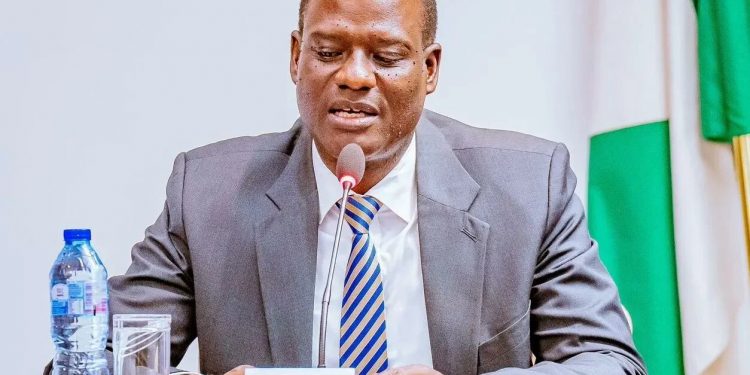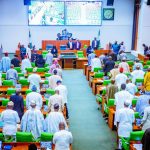Vice President Kashim Shettima has emphasized that the tax reforms under President Bola Ahmed Tinubu’s administration aim to enhance the system for the overall benefit of all Nigerians. Speaking at the closing of a retreat of the Presidential Fiscal Policy and Tax Reforms Committee in Abuja, Vice President Shettima underscored the commitment to creating an administrative system that ensures the benefits of a thriving tax system for all citizens.
Represented by Dr. Aliyu Moddibo Umar, Special Adviser to the President on General Duties, the VP highlighted the need to revitalize revenue generation in Nigeria while sustaining an investment-friendly and globally competitive business environment. He expressed confidence in the committee’s ability to deliver on its mandate and emphasized the importance of transitioning from proposal to implementation.
Chairman of the Presidential Fiscal Policy and Tax Reforms Committee, Taiwo Oyedele, outlined the new tax reforms proposed by the federal government, which aim to exclude 95% of businesses and individuals operating in the informal sector from paying any tax. Oyedele emphasized the committee’s data-driven approach, recognizing the informal sector as individuals striving to earn a legitimate living.
He highlighted the committee’s focus on exempting the informal sector from withholding tax, company income tax, and payroll taxes, with targeted compliance efforts aimed at government officials and elites. Oyedele emphasized the need to address challenges such as multiple taxation and low tax collection as a percentage of GDP.
The tax reform proposals are currently undergoing private sector consultations, with plans to submit them to the National Assembly. Oyedele outlined the timeline for implementation, including enacting laws and proposals to amend the Constitution by 2025 and 2026, respectively.
The strategic approach to tax reforms reflects a commitment to fostering economic growth, financial inclusion, and sustainable development in Nigeria, with a focus on improving the lives of the majority of the population. The government aims to create a more efficient and equitable tax system that benefits all Nigerians through collaboration and data-driven decision-making.










